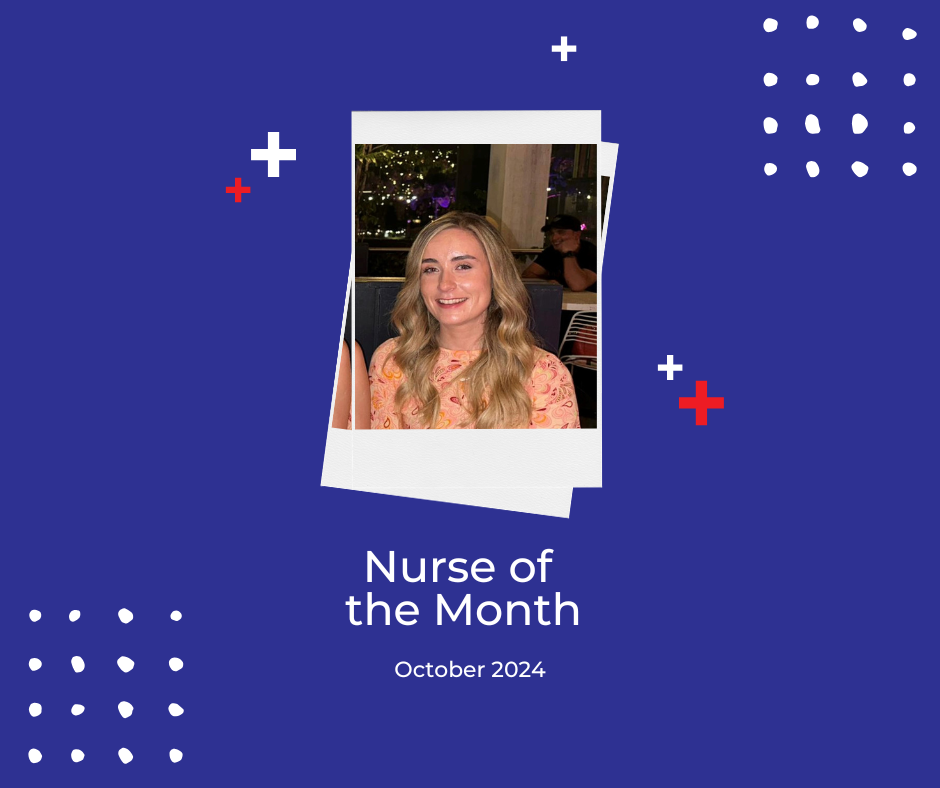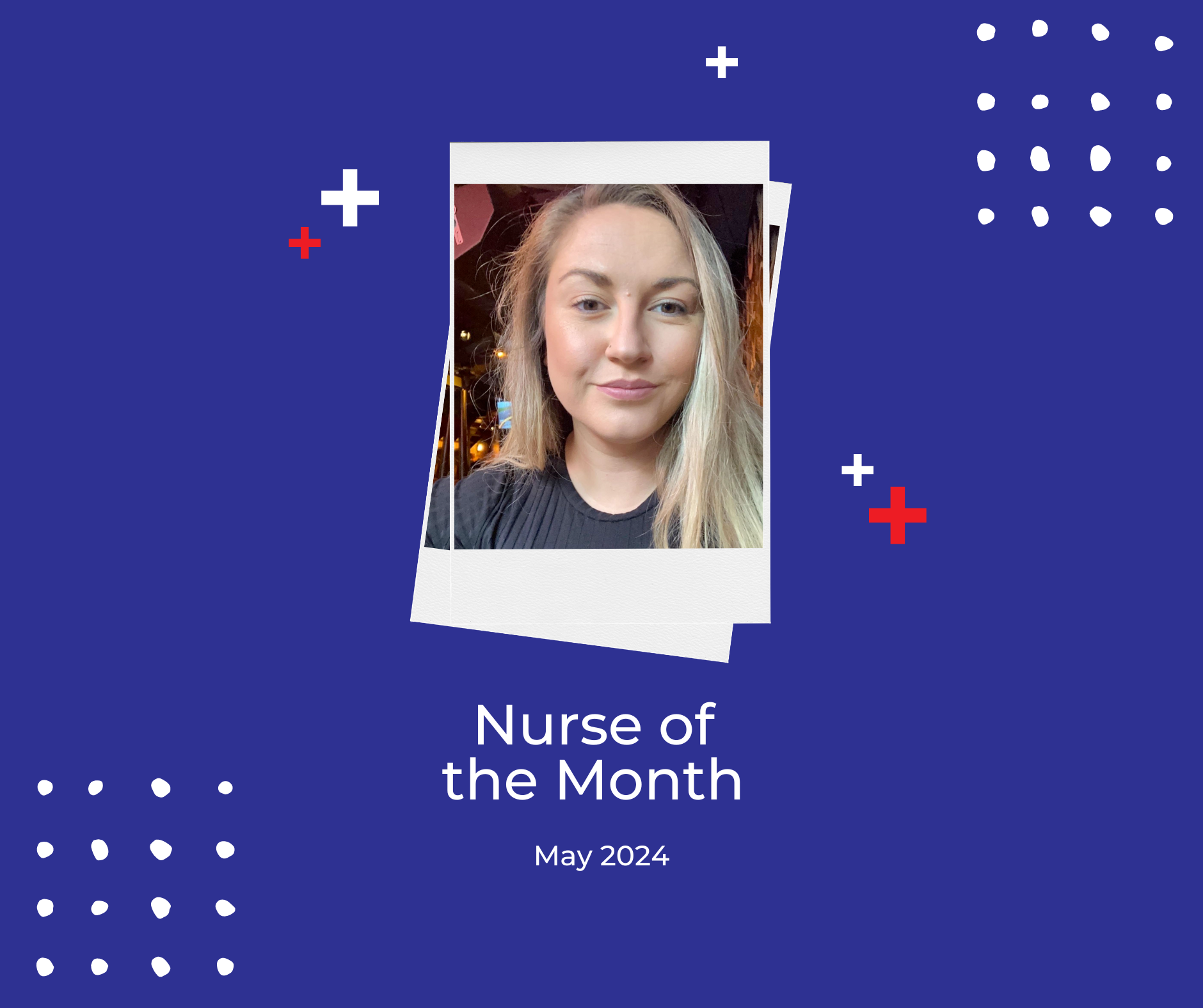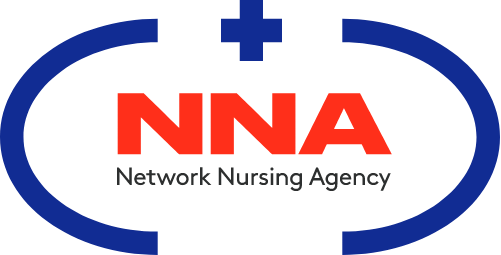Interview tips for Nurses
Applying for jobs is time-consuming, especially in this competitive market. When you’ve found a nursing position you really want, and you’ve made it through the application and selection criteria stage, you want to make sure you nail it when you go for that interview! Here are our tips to help you perform at your best:
Do your homework
Learn about the role and its requirements as much as possible before the interview. Make sure you’ve researched the organisation by searching online and reading its website, at the very least.
Prepare yourself to perform well
Knowing you are well presented will help you project confidence. Dress professionally, and make sure your hair, shoes and fingernails are neat and tidy. Allow plenty of time to get to the interview and, before you go in, take a few deep breaths or use other relaxation techniques if needed. It’s perfectly normal to be nervous – interviewers will understand and should try to put you at ease. Remember to not speak too quickly, use eye contact and maintain a positive and relaxed demeanour.
Behavioural interviewing
Many interviewers use the behavioural interviewing style of questioning, which is based on the theory thatpast behaviour is the best predictor of future behaviour. Interviewers using this technique will ask you to provide specific examples from your work history to illustrate how you would manage particular aspects of the role, for example, teamwork, handling conflict or managing a challenging scenario. Prepare by writing down some examples you could use; this should help you remember them during the interview.
Commonly asked questions
Here are a few examples:
- Why do you want to work here?
- Why do you think you’re a good nurse and what examples can you give to support this?
- How do you manage pressure / conflict / stress / conflicting priorities?
- Tell us about a mistake you have been involved with.
- How would your co-workers describe you?
- What are your strengths and weaknesses?
Think about the role you are going for and list other likely questions, then practise your answers. Enlist someone to help you and pretend to be the interviewer for a more authentic rehearsal.
Asking questions of your own
It’s acceptable and even advisable to ask a question or two at the end of the interview, as it shows you’re interested in the position. You might want to ask about key challenges, professional development opportunities, or specific or clinical questions about the role. While salary and other conditions are important, it’s best to leave those questions for later, so they won’t seem too high a priority.
Things to avoid
Don’t embellish the truth or pretend to be someone you’re not – dishonesty or insincerity can often be obvious and won’t help you in the long run anyway. Over-confidence can come across as arrogance so, while it’s good to acknowledge your achievements, don’t brag. Avoid negativity or criticism of other people, especially colleagues or employers. After all, as your interviewers know, past behaviour is the best predictor of future behaviour!













